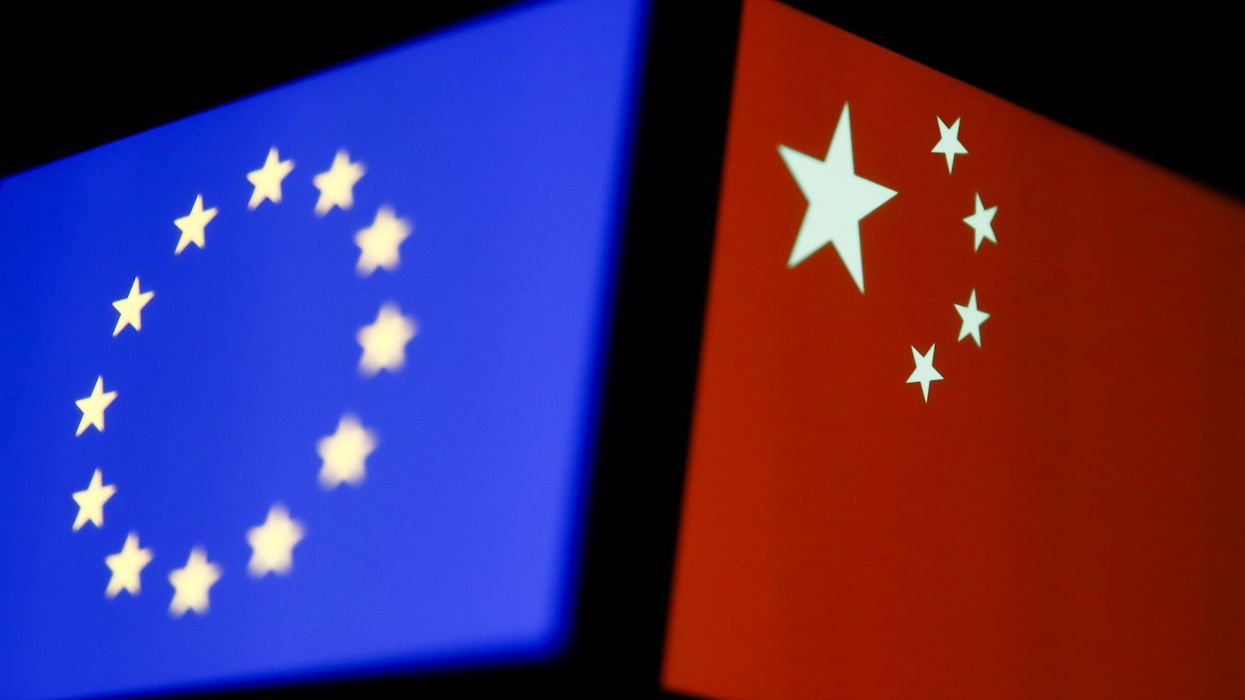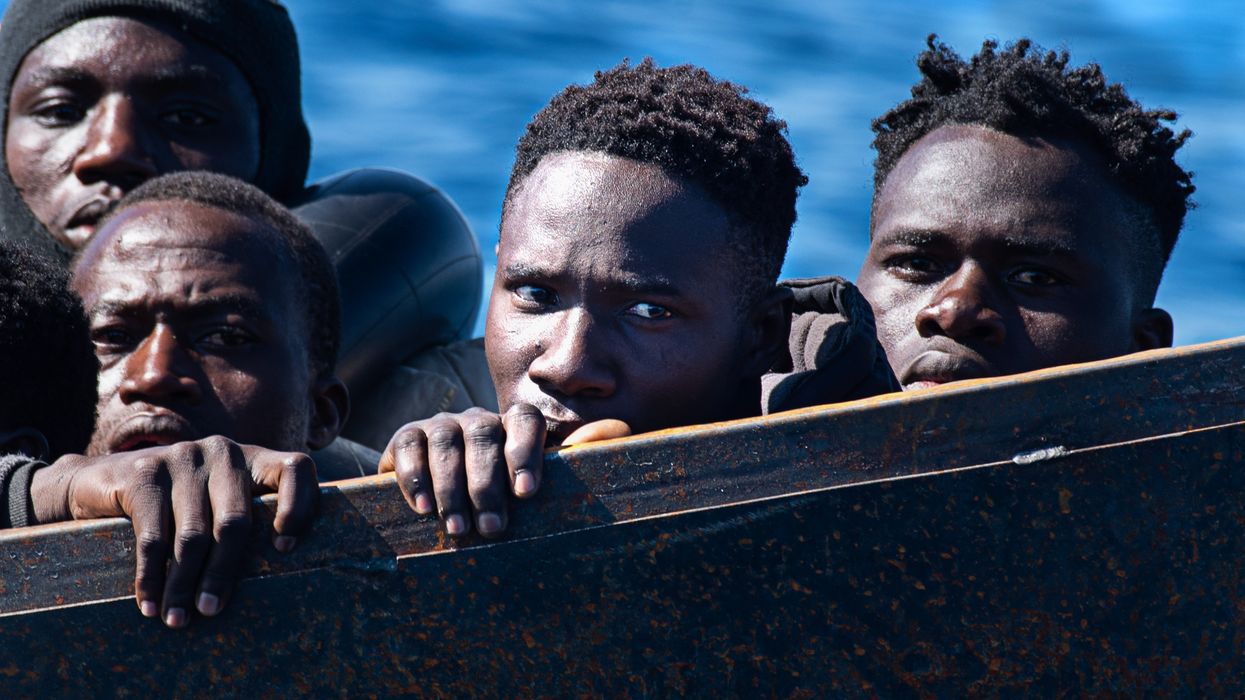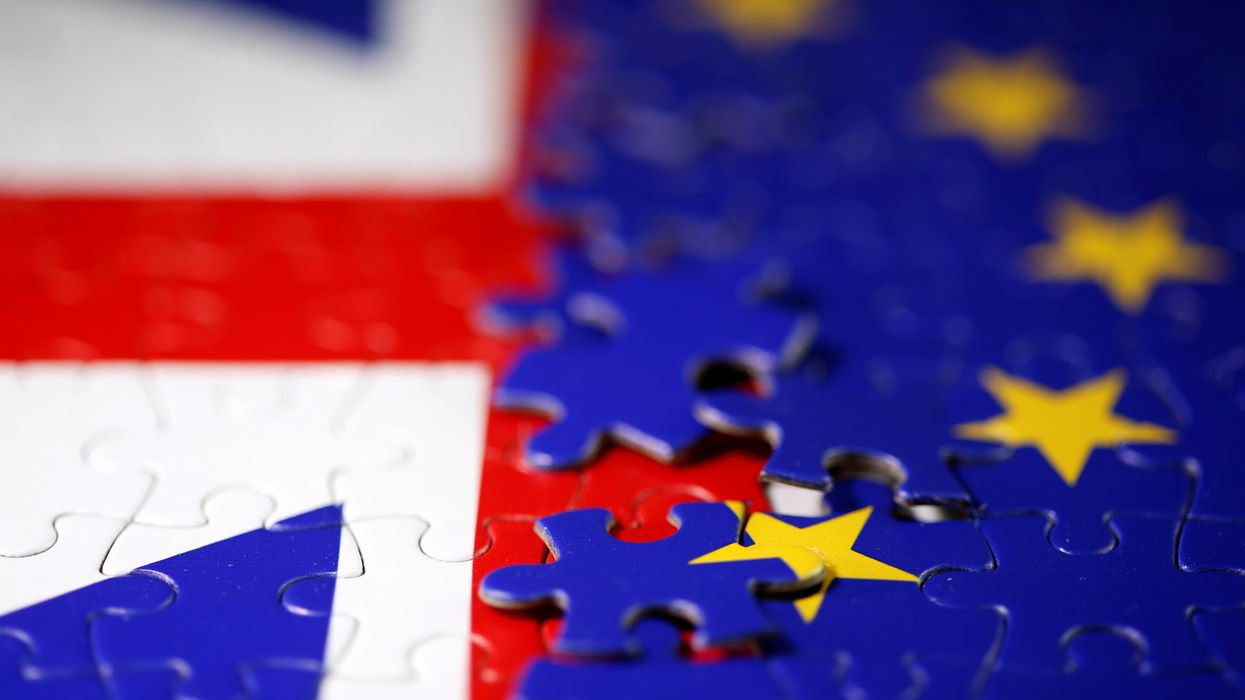Viewpoint
Viewpoint: Amid deepening divisions, EU and Chinese leaders set to meet this week
European Commission President Ursula von der Leyen and European Council President Charles Michel will visit Beijing on Dec. 7 for in-person meetings with President Xi Jinping and Premier Li Qiang.
Dec 05, 2023






